Vitreous Floaters and Opacities (VFO)
Introduction
At The Retina Clinic London, we are experts in diagnosing and managing Vitreous Floaters and Opacities (VFOs), offering personalised care to help you achieve clearer vision and peace of mind. While floaters are often harmless, they can sometimes interfere with daily life or signal more serious underlying conditions. Under the leadership of Professor Paulo Stanga, a world-renowned retinal specialist, we provide cutting-edge solutions for patients with floaters, ranging from mild cases to complex scenarios.
To learn about the advanced treatment options we provide for floaters, visit our Treatment Options for Floaters page.
What Are Floaters?
Floaters are small shapes or shadows that drift across your vision. They occur when tiny clumps or strands form within the vitreous gel, the clear, jelly-like substance that fills the inside of your eye. These clumps cast shadows on the retina, appearing as:
- Spots.
- Lines.
- Thread-like shadows.
- Cobweb-like shapes.
Floaters are often more noticeable when looking at bright, plain backgrounds, such as a blue sky or a white wall. While they are typically harmless, any sudden changes in floaters may indicate a more serious retinal condition that requires urgent medical attention.
Symptoms of Floaters
Floaters can vary in appearance and severity. You may experience:
- Small shapes in your vision: Spots, lines, or cobweb patterns that drift and move.
- Movement: Floaters may shift as you move your eyes and often “settle” when your eyes stop moving.
- Flashes of light: If the vitreous pulls on the retina, you may see flashes of light, potentially indicating Posterior Vitreous Detachment (PVD) or retinal detachment.
- A sudden increase in floaters: This may suggest a retinal tear or bleeding in the vitreous (vitreous haemorrhage) and requires immediate evaluation.
What Causes Floaters?
Floaters can result from natural ageing, but other factors may also contribute. Key causes include:
- Ageing and Posterior Vitreous Detachment (PVD)
With age, the vitreous gel becomes more liquid and may detach from the retina, causing floaters. This common condition is usually benign but requires monitoring. - Retinal Tears or Detachment
Sudden floaters with flashes of light may indicate a retinal tear or detachment, which requires urgent intervention to prevent vision loss. - Vitreous Haemorrhage
Bleeding in the vitreous gel, often caused by diabetic retinopathy or trauma, can present as floaters. - Eye Trauma or Surgery
Previous eye surgeries (such as cataract removal) or injuries can increase the likelihood of floaters. - Inflammation (Uveitis)
Inflammatory conditions inside the eye can cause debris to form in the vitreous, resulting in floaters.
Are Floaters Dangerous?
Most floaters are harmless and a natural part of the ageing process. However, seek urgent medical attention if you experience:
- A sudden increase in floaters.
- Flashes of light, particularly in your peripheral vision.
- A dark shadow or “curtain” spreading across your vision.
These symptoms could indicate serious conditions, such as a retinal tear, retinal detachment, or bleeding in the eye. Timely treatment is essential to prevent permanent vision loss.
What Can Be Done About Floaters?
We offer tailored treatment options depending on the severity of your floaters. At The Retina Clinic London, we utilise the SK-VFO testing methodology, a published and validated system developed by our team to objectively assess how floaters affect your vision. This enables us to recommend the most appropriate treatment plan for you.
For an in-depth look at how we treat floaters, please visit our Treatment Options for Floaters page.
Why Choose The Retina Clinic London?
At The Retina Clinic London, we combine advanced technology with personalised care to provide world-class treatment for floaters. Here’s why patients trust us:
- Pioneering Expertise: Prof. Stanga and his team are at the forefront of floater research and treatment, having introduced innovations such as Therapeutic Refractive Vitrectomy (TRV) and the SK-VFO testing methodology.
- Comprehensive Diagnosis: Using state-of-the-art imaging and testing, we accurately assess floaters and identify any underlying retinal conditions.
- Tailored Treatment Plans: From monitoring to surgery, we customise your care to suit your unique needs.
- Onsite Surgical Excellence: Our procedures are carried out in our dedicated onsite theatre, equipped with the latest surgical technologies to ensure the highest safety and precision standards.
- Compassionate Support: We prioritise your comfort and keep you informed throughout your care journey.
